Some good news for a change….
It’s been hard over the past two months not to ruminate on the constant updates on the state of Covid-19 and the (what seems like) never-ending regulations and bleak news. Especially in the PR world, it’s our job to stay on top of those changes, but the news fatigue is definitely real and certainly taking a toll on all of those that can’t seem to make ourselves look away. Luckily, we have some wonderful partners here at Eleven Eleven that are taking this time to step up and give back in our communities, and we’d like to thank them for helping us keep up the positivity and showing us that we’ll be able to get through these tough times with a little creativity! I’m no John Krasinski (if you know, you know), but here’s some good news to share with you all for a change--
Smalls recently wrapped up their Foster with Smalls program which not only encouraged NYC families to foster and adopt kittens and cats during this time, they also sent those families a month’s work of premium cat food, toys, and litter to make sure money was no object in helping alleviate pressure on NYC shelters. They didn’t stop there, and shortly after launched a partnership with the Humane Society to donate a portion of their proceeds to the organization to help low-income families care for their animals. Thanks to Smalls and other organizations like them, there’s a shortage of foster cats available (a good problem to have!) across the country. As the Eleven Eleven team’s resident cat lady (shoutout to my main man, Louie), this story is certainly a highlight.
I also have to give a shoutout to our friends at Vegetable and Butcher and South Block for donating healthy options to healthcare workers on the frontlines at local hospitals. Vegetable and Butcher recently donated over 100 meals to GW Hospital, receiving an overwhelmingly positive and heartwarming response from the hospital team. At South Block, founder Amir Mostafavi can’t seem to stop coming up with new ways to support our local community, whether that’s donating juice and ginger shots to various local hospitals, giving away acai kits to nurses, and continuing to donate fresh produce to families in need through their nonprofit, Fruitful Planet (which just opened up its first nonprofit cafe in April!).
Next to our resident #schoollunchheroes who give back all year round, Brigaid! If you’re familiar with Brigaid and chef Dan Giusti, you know that their team is constantly supporting school students dealing with food insecurity with their professional chef-led programs to redefine school lunches. As you can imagine, Dan and his team have had to make some adjustments over the past few weeks, which includes preparing thousands of scratch-cooked meals to students in their families in New London every week, as well as jumping in to support Encore Community Services by delivering fresh meals to homebound seniors in NYC.
Speaking of food insecurity, I also want to highlight Alma Cocina Latina’s partnership with the World Central Kitchen to provide 250 (healthy and gourmet) meals a day for those in need in the Baltimore area. All the meals are free, and this program has allowed owner Irena Stein to hire back employees to help the cause. Shoutout to Espita as well, who will be launching their partnership with the WCK starting today (5/11!) to provide over a thousand meals a week for people in need.
Seven Reasons has also had an impressive peak in employee return, through their ingenious “Employee to Entrepreneur” program that empowers and allows employees to launch their own food concepts from the Seven Reasons kitchen. Seven Reasons advances that staff money, gives them the tech support to sell online, and promotes their brands under the Seven Reasons umbrella. The first pop-up, “Soleado” by Wille Harner, has been a huge success. Since its launch, they've been able to hire back all their kitchen staff and much of their front staff as well.
And finally, we’re excited that the Save DC Eats auction has officially launched, which includes some unbeatable offerings from our friends at Espita (Offering a four person in-home dinner and mexican cooking class), Ramen by Uzu (gift cards for all kinds of delicious Ramen), Live Oak (four course farm-to-table + cocktail dinner), and our buddies, Michelin star chefs Christopher Morgan and Gerald Addison (A lamb roast for 15 people). There will be absolutely no buyer’s remorse here, and I can’t think of any better options to look forward to after quarantine is lifted.
The best part? This blog post doesn’t even scratch the surface of the daily acts of giving back that our clients are constantly implementing. Frankly, I can’t keep up, but luckily these are updates that will never cause news fatigue. If you’re still with at this point in the blog, thanks for reading, and I hope this brought your spirits up!





